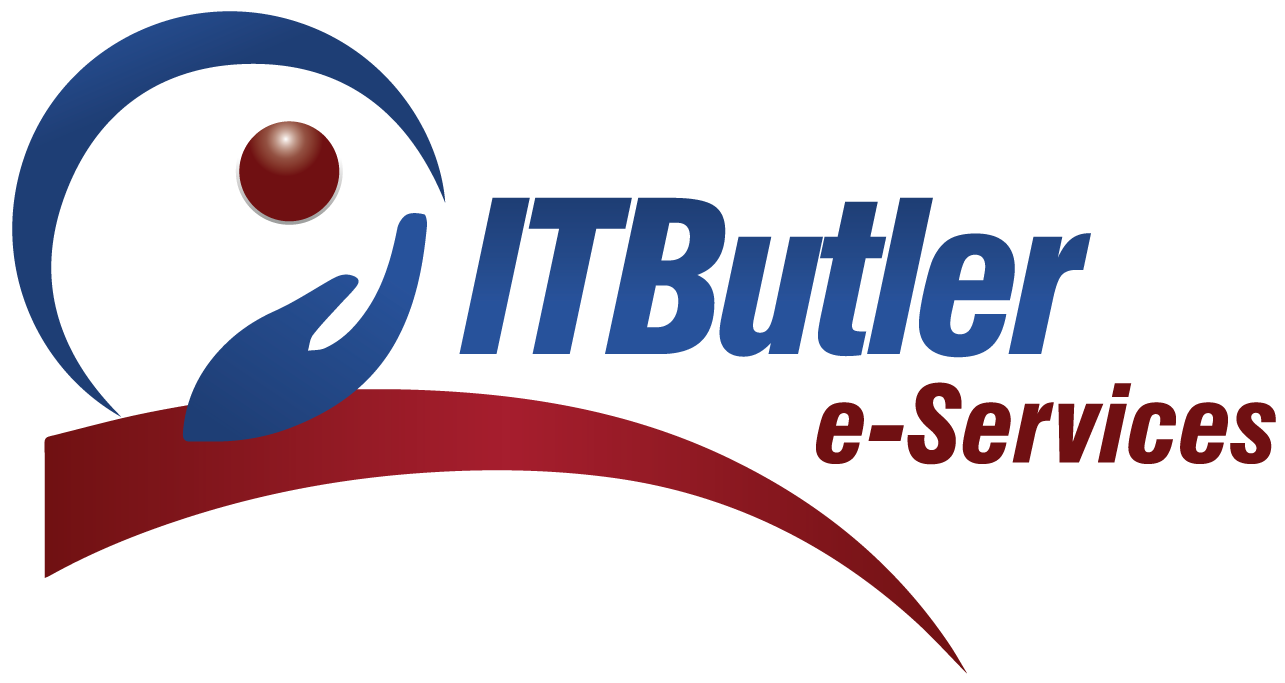In the intricate landscape of cybersecurity and regulatory adherence, Governance, Risk, and Compliance (GRC) emerges as a linchpin for organizations seeking not just to thrive but to excel in their operations. ITButler unveils the indispensable need for GRC, casting a spotlight on the diverse entities within the Saudi Arabian context that stand to benefit from a robust GRC framework. Let’s delve into why GRC is not just a choice but a necessity for various stakeholders in the Kingdom.
Corporations and Businesses
In the dynamic and competitive business environment of Saudi Arabia, corporations and businesses are the heartbeat of economic progress. GRC becomes a necessity for these entities due to:
Compliance with NCA Standards: Corporations need to align with the cybersecurity standards set by the National Cyber Security Authority (NCA) to safeguard sensitive information and ensure the resilience of their operations.
Financial Governance: Businesses, especially those in the financial sector, must adhere to the stringent guidelines set by the Saudi Arabian Monetary Authority (SAMA) for financial governance and data security.
Technological Synchronization: In a landscape driven by technological advancements, adherence to the standards set by the Communications, Space & Technology Commission (CST) becomes critical for businesses to stay technologically synchronized and secure.
Risk Mitigation: GRC aids businesses in identifying, assessing, and mitigating risks effectively, ensuring not just compliance but also the resilience of operations in the face of potential threats.
Financial Institutions
Financial institutions, being custodians of sensitive financial data, have a heightened need for GRC:
SAMA Compliance: Stringent compliance with SAMA standards is crucial for financial institutions to maintain the integrity and confidentiality of financial transactions and customer data.
Regulatory Adherence: GRC ensures that financial institutions comply with international standards like ISO 27001 and local standards mandated by the NCA, guaranteeing the highest levels of regulatory adherence.
Incident Response: With the ever-present threat of cyber incidents, GRC equips financial institutions with robust incident response mechanisms to swiftly address and mitigate security breaches.
Government and Public Sector
Government entities and public sector organizations play a pivotal role in shaping the nation’s cybersecurity posture:
Regulatory Oversight: GRC provides government entities with the tools to establish regulatory oversight, ensuring that public sector organizations adhere to the cybersecurity and compliance standards set by the NCA, CST, and CCC.
Critical Infrastructure Protection: GRC becomes imperative for protecting critical infrastructure, aligning with the cybersecurity standards outlined by the NCA to safeguard essential services and information.
Data Governance: Given the sensitivity of government data, GRC ensures proper data governance, mitigating risks associated with data breaches and unauthorized access.
Healthcare Organizations
In the healthcare sector, where the confidentiality of patient data is paramount, GRC takes center stage:
Compliance with International Standards: Healthcare organizations need to adhere to international standards like ISO 27001 and local standards mandated by the NCA for safeguarding patient information and ensuring the integrity of healthcare operations.
Data Privacy: GRC assists healthcare organizations in maintaining the highest standards of data privacy, ensuring that patient records remain confidential and secure.
Incident Response and Continuity: With healthcare systems being a target for cyber threats, GRC equips these organizations with effective incident response and business continuity strategies.
Educational Institutions
Educational institutions, responsible for shaping the future, also find value in GRC:
Data Protection for Students: GRC ensures that educational institutions comply with data protection standards, safeguarding the sensitive information of students and faculty.
Regulatory Compliance: Adherence to local compliance standards, especially those outlined by the NCA and CST, ensures that educational institutions operate within the boundaries of cybersecurity and technological regulations.
Technology Governance: GRC aids educational institutions in governing their technological infrastructure, fostering a secure and conducive learning environment.
Small and Medium Enterprises (SMEs)
Even smaller entities in the Saudi Arabian business landscape stand to gain significantly from GRC:
Affordable Compliance: GRC solutions tailored for SMEs make regulatory compliance affordable and manageable, ensuring that even smaller businesses can adhere to cybersecurity standards.
Risk Management: SMEs benefit from GRC tools that assist in identifying and mitigating risks, enabling them to operate with resilience in the face of cybersecurity challenges.
Adaptability: GRC solutions can be adapted to the specific needs and scale of SMEs, making them scalable tools for enhancing cybersecurity posture.
Conclusion
In conclusion, the need for GRC extends across a spectrum of entities within the Saudi Arabian landscape, from large corporations to government bodies and SMEs. IT Butler, recognizing the diverse requirements of these stakeholders, stands as a strategic partner in empowering excellence through tailored GRC solutions. By embracing GRC, organizations in Saudi Arabia not only ensure regulatory compliance but also fortify their operations against the evolving threat landscape, positioning themselves as resilient and secure entities in the digital realm.






